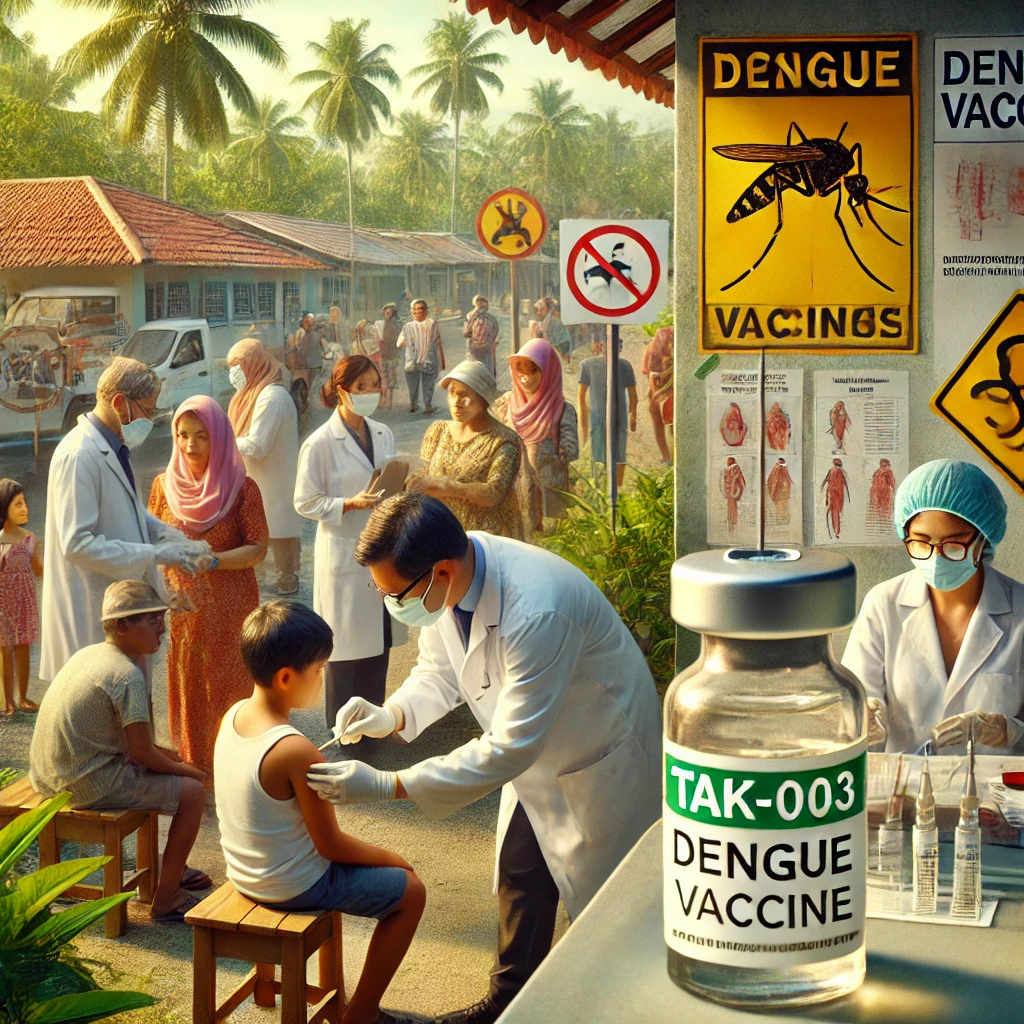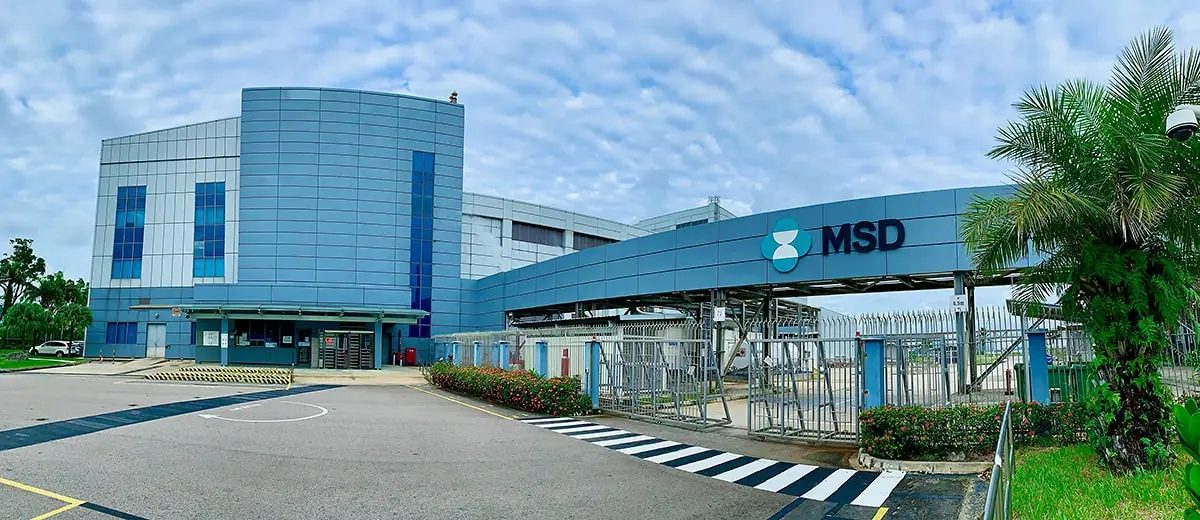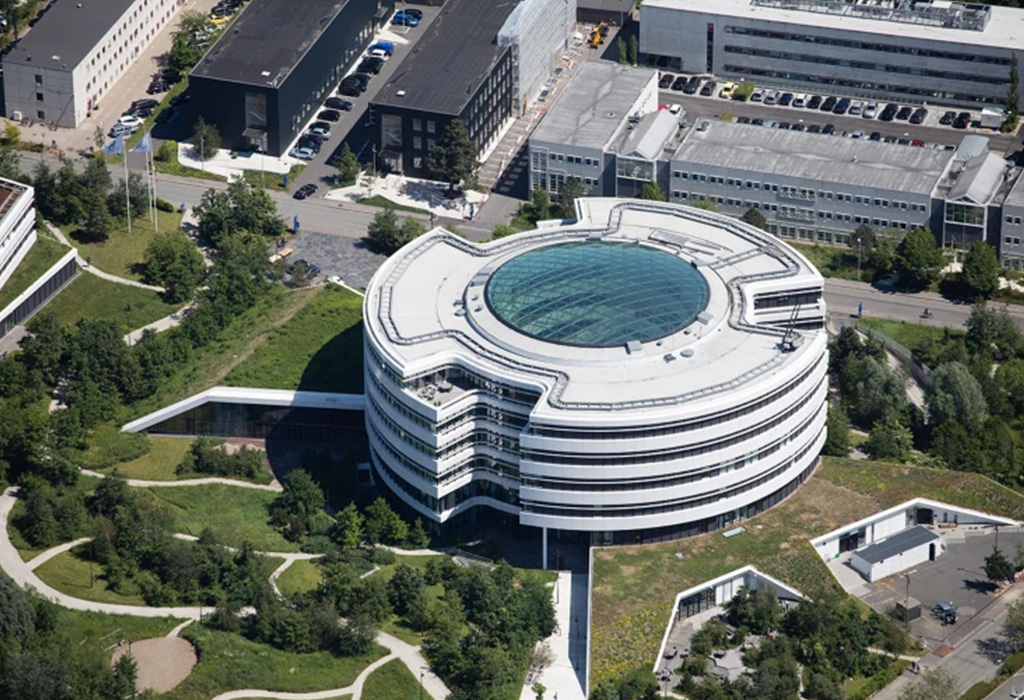The global rise in dengue infections, estimated at around 390 million annually, continues to pose significant health challenges, especially in endemic regions. The TAK-003 dengue vaccine, developed by Takeda Vaccines, has emerged as a promising solution. In the DEN-301 clinical trial, researchers explored the early onset of protection provided by the TAK-003 vaccine after the first dose and prior to the administration of the second dose.
Study Background
The DEN-301 study was part of the larger Tetravalent Immunization against Dengue Efficacy Study (TIDES), designed to assess TAK-003’s efficacy. The vaccine is a live-attenuated tetravalent vaccine, based on a DENV-2 backbone and chimeric viruses for DENV-1, DENV-3, and DENV-4. The two-dose vaccination schedule, administered three months apart, was chosen to maximize early and comprehensive coverage across all four dengue serotypes.
Key Findings
The analysis included 13,380 participants receiving TAK-003 and 6,687 participants receiving a placebo. Fifty virologically confirmed dengue (VCD) cases were recorded between the first and second doses, with 37 cases in the placebo group and 13 in the TAK-003 group. This translated to a vaccine efficacy (VE) of 82.1% in preventing dengue in the first three months following the initial dose.
The time-to-onset of protection was estimated at around 14 days after the first dose. This rapid onset of efficacy makes TAK-003 a valuable tool in dengue-endemic areas or for travelers at risk of dengue exposure.
Implications and Conclusions
The early onset of protection observed in the DEN-301 study suggests that TAK-003 can provide immediate defense against dengue, even before the second dose is administered. This is particularly relevant in outbreak scenarios, where rapid immunization may help control the spread of the disease. The robust efficacy of 82.1% in the three months between doses highlights the vaccine’s potential as a key intervention in dengue prevention efforts.
While the study had some limitations, such as its exploratory nature and a limited number of cases for subgroup analysis, it provides critical insights into the timing of protective effects from the TAK-003 vaccine. Further studies may explore long-term efficacy and broader population impacts.
As the world pivots toward more advanced health solutions, innovation in vaccines has never been more critical. South East Asia’s ONLY comprehensive vaccine conference, Vaccine World Asia Congress 2024 – From Discovery to Delivery, offers an unparalleled opportunity to dive into the region’s rapidly evolving vaccine landscape. Taking place on 6th-7th November 2024 in Bangkok, Thailand, this event will bring together global leaders, cutting-edge researchers, and industry trailblazers to explore the latest breakthroughs in vaccine technology. Be part of the movement that is revolutionizing vaccine development, from scientific discovery to global distribution. Find out more at https://imapac.com/events/vaccine-world-asia-congress-sea-focused/





